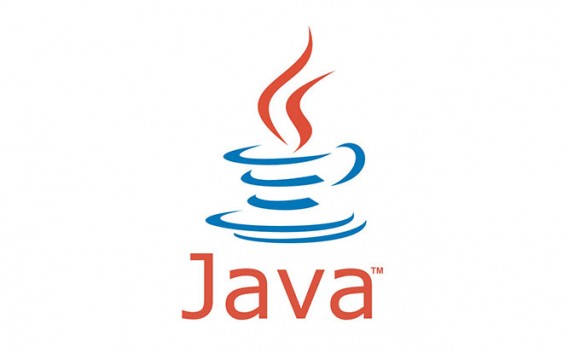JAVA Programming

JAVA Programming Training
Level: Beginner / Intermediate, Age: 18+ Years, Course Fee: 14,000 Taka
Duration: 11 weekends (3 hours each week, Friday or Saturday, 33 hours in total)
Entry requirements: You need to have basic understanding of Microsoft Office. This course is suitable for people who are interested to learn a programming language or have limited understanding of programming.
Course details:
This course will take you through all the steps of programming, OOP concepts, Compiling and debugging using eclipse IDE. You will learn how to write real life programmes for actual work and be a prospective programmer. The following topics will be covered during the sessions:
Introduction to Programming
Why write programmes?
Various types of programming languages
Java as a programming language, its use, advantage, disadvantage
Understanding Interpreter, complier, simple syntax, debugging
Introduction to Eclipse IDE (Workspace, Projects, Perspectives, Views)
Writing a simple programme in Java “Welcome to the World of JAVA”
Object-oriented programming concepts
What is an object?
Parent and child objects
Object communication and coordination
Attributes
Behaviours
State and string
Encapsulation
Inheritance
Polymorphism
Simple programmes to demonstrate OOP concepts
Variables
Data Types
Variables, constants
Naming conventions
Local variable, global variable, Instance variable, Parameter variable
Storing data in variables for manipulation
Simple programme using variables and datatypes
Class, Objects, Methods
Class declaration
Class-naming conventions
Constructor
Constructor Overloading
Methods
Static and instance methods
Programming and syntax
Introduction to flowchart
Analysis of a simple programme
Input, output operation
Conditional operation
Truth Table (And, OR, Not)
Understanding conditional statements (IF, IF Else, Else)
Switch statement
Try – Catch block
Programming using conditional statements
Debugging conditional errors in programmes
Loops
Programming loops (for, while, do… while, break, continue)
Iteration
Using loops in programmes
Making a loop in a programme without any loops
Mini project using If condition and Loops
Arrays and Lists
Declaring arrays
Loading arrays
An array of objects
Array element index
One and multi dimension array
Auto-boxing and Auto-unboxing
Simple array manipulation
Using arrays for everyday programming
Introduction to Lists
Mini project based on arrays and lists
Methods
Method Definition
Use of methods in a program
Type of Methods
Calling a Method
Parameter passing
Returning arguments
Method overloading
Ambiguous Method overloading
Related Library functions
Decomposing a programme using methods
Super Class
Method
Constructer
Reference variable
Typecasting
Using instance of operators
Interfaces
Concept of Interface
Use of Interface
Interface Polymorphism
Other Concepts
This Keyword
Static method
main () method and why it is static
Abstract Classes
Abstract class examples
You will take part in various live demonstrations and discussions.
Facilitator (s):
Ehsanul Kabir, is an experienced programmer, he works as a software developer for NCC bank and works as a freelance programmer on UpWork and various other outsourcing companies. He has years of experience working in programming and works for UpWork, oDesk, Elance and various other companies. He has worked on app development, JAVA, website design, .net and various other technologies.
Abir Mallick, FCoT (Lon), PGDip(Lon), PGCE(Lon), MCA(B,lore), Adobe Certified Educator, Chartered London Teacher. With over fifteen years of training and teaching experience in different countries; Abir (http://www.linkedin.com/in/abirmallick) has trained participants of all ages from primary school to University level. He is a Chartered London Teacher award winner for excellence in teaching and learning. He has been working as a trainer for various professional courses at London, India and Bangladesh. He runs a successful consultancy company www.subjectsupport.com providing cutting edge professional development courses in London.